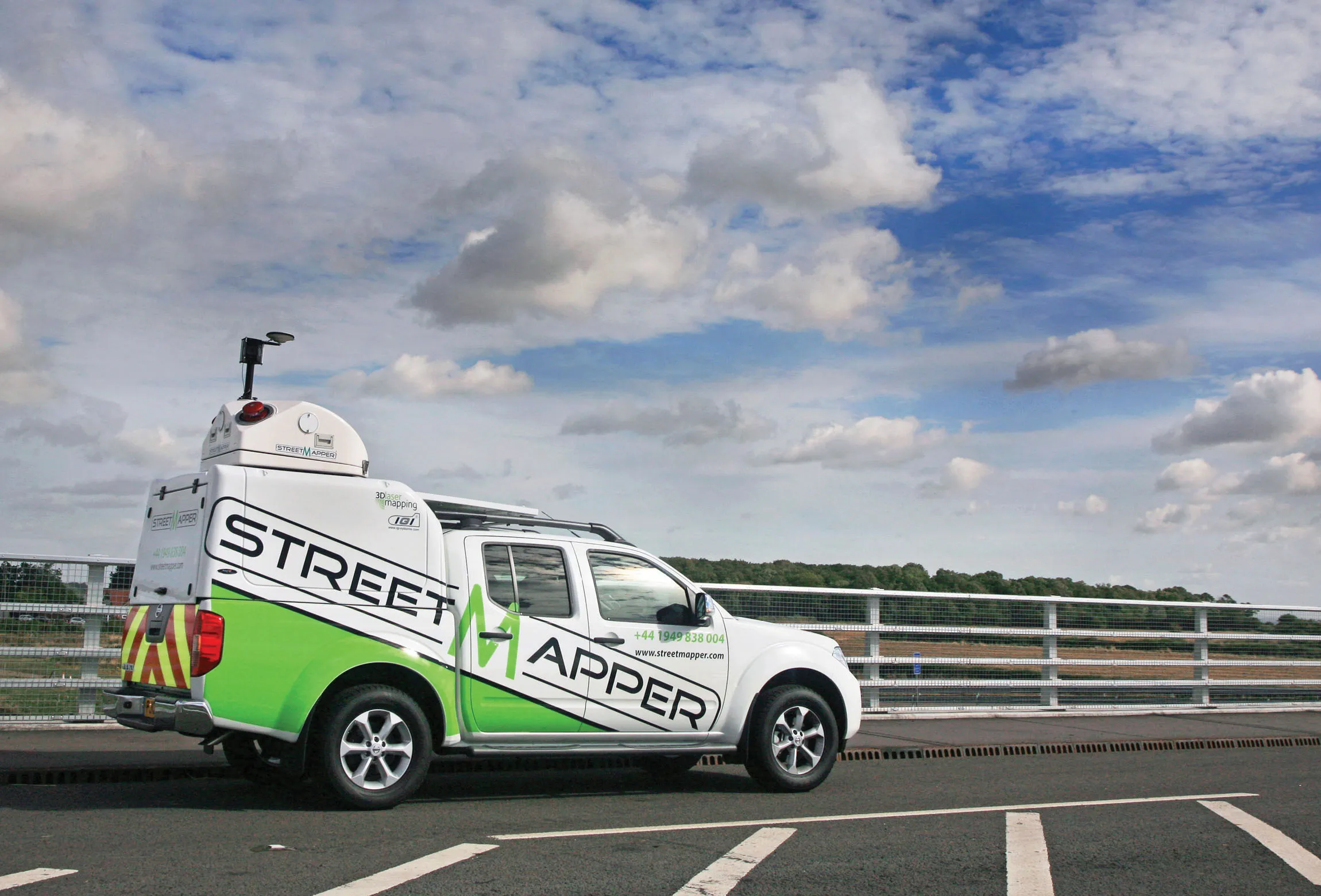German company Ubitricity has developed a concept which allows for the recharging of electric vehicles at street lamps. Local authorities in Berlin, where Ubitricity is based, are said to be not averse to the idea of converting hundreds of street lamps to charging points. Ubitricity's concept provides for the integration of a counting system into an intelligent charging cable. This counting system contacts a control centre via mobile radio. The control centre registers after every charging where and how muc
January 24, 2013
Read time: 2 mins
German company 7111 Ubitricity has developed a concept which allows for the recharging of electric vehicles at street lamps. Local authorities in Berlin, where Ubitricity is based, are said to be not averse to the idea of converting hundreds of street lamps to charging points.
Ubitricity's concept provides for the integration of a counting system into an intelligent charging cable. This counting system contacts a control centre via mobile radio. The control centre registers after every charging where and how much electricity has been charged by whom and then passes on the data for invoicing. The charging points feature sockets which detect whether the user is allowed to recharge his vehicle or not. In order to be able to use the charging points, the customers have to take out a contract with an electricity supplier.
The only money earned by Ubitricity, it is reported, will come from the basic fee for the counting system which the user has to pay to the electricity supplier.
Ubitricity's concept provides for the integration of a counting system into an intelligent charging cable. This counting system contacts a control centre via mobile radio. The control centre registers after every charging where and how much electricity has been charged by whom and then passes on the data for invoicing. The charging points feature sockets which detect whether the user is allowed to recharge his vehicle or not. In order to be able to use the charging points, the customers have to take out a contract with an electricity supplier.
The only money earned by Ubitricity, it is reported, will come from the basic fee for the counting system which the user has to pay to the electricity supplier.








